Intra-elite, state-centric society is a strategic front, and ought to be defended and put to use in the continued development of a global and decolonial turn in IR.
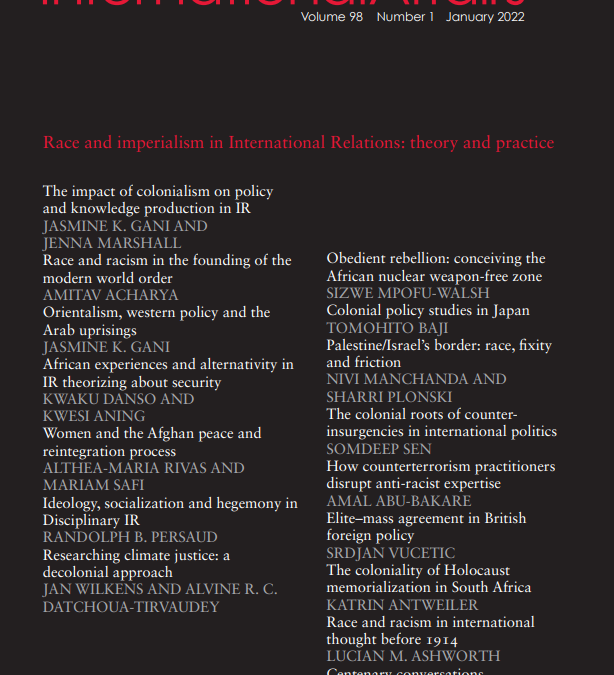

Intra-elite, state-centric society is a strategic front, and ought to be defended and put to use in the continued development of a global and decolonial turn in IR.

In 2015, Linus Hagström, a professor of political science at the Swedish Defence University, questioned the wisdom of Sweden joining NATO in a coauthored opinion piece. After its...

Who, if anyone, rules the world? Answering a question like that requires grappling with both the character of international order and the global distribution of power—facets of political life that...
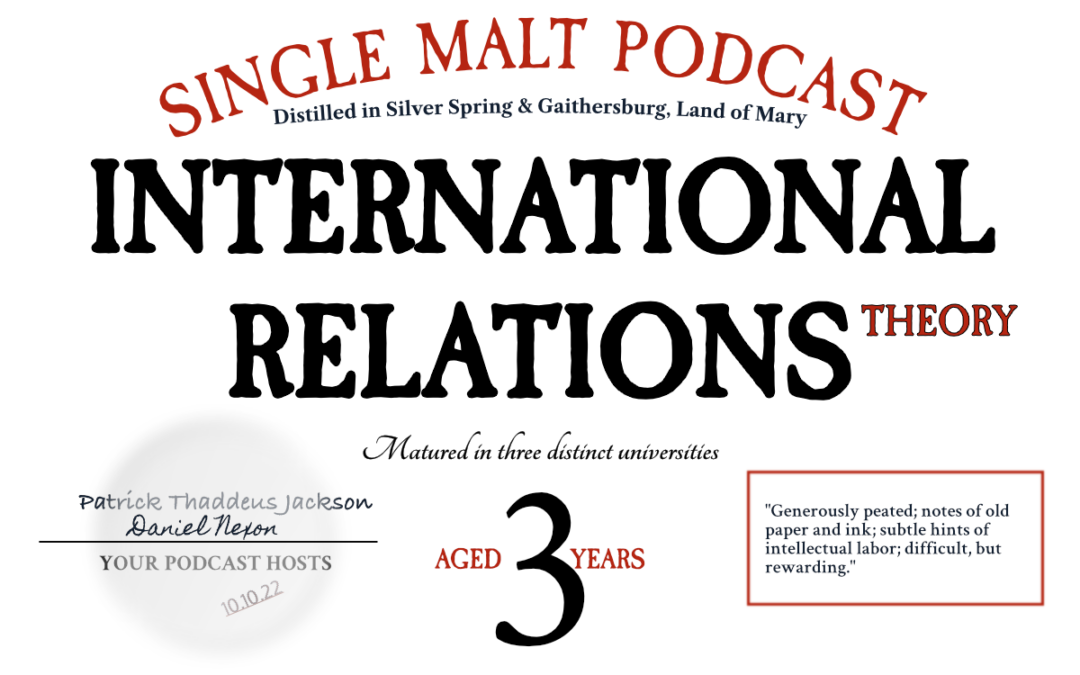
Robert Cox’s landmark article, “Social Forces, States and World Orders: Beyond International Rela…
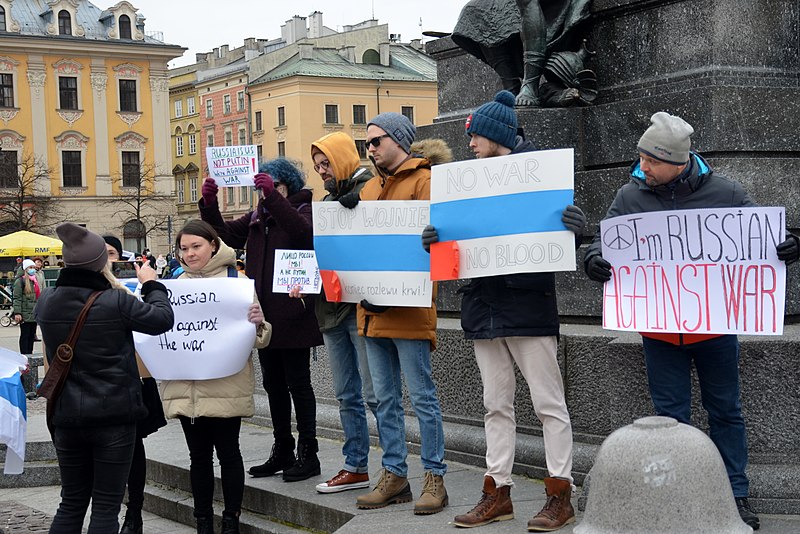
The security dilemma plays a central role in Walt and Mearsheimer’s reading of Russia’s invasion of Ukraine. But what if they get the security dilemma wrong?
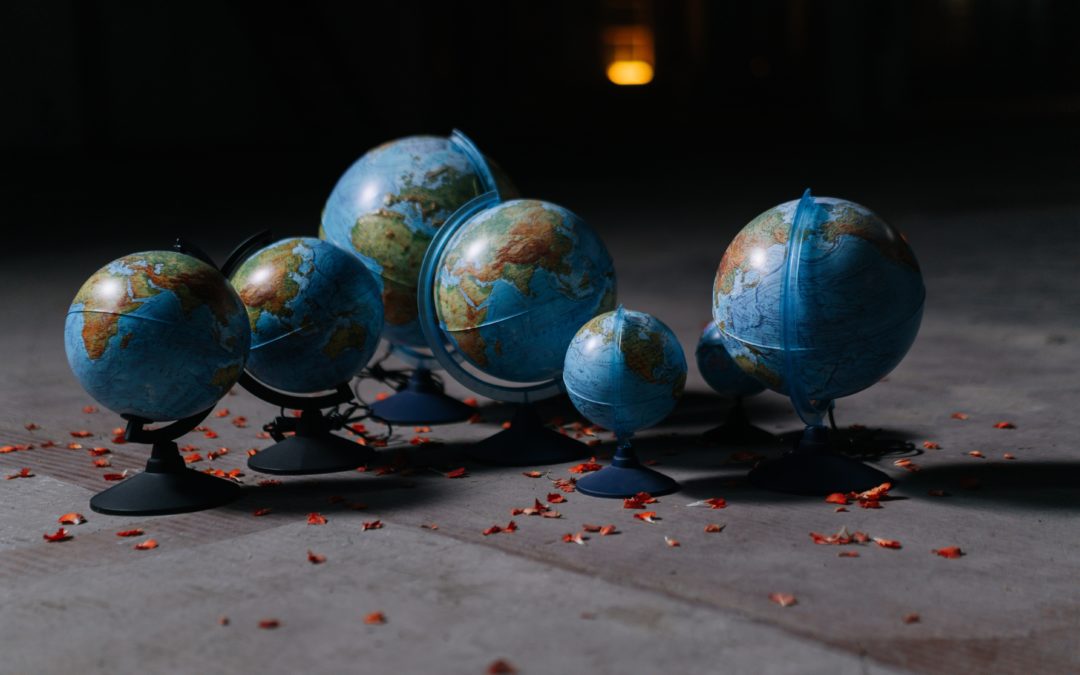
The global distribution of material power changes from time to time. It’s something that happens, not something we should spend any amount of time pursuing or avoiding. I say this as someone who thinks the United States has done questionable good and much unquestionable harm with its former status as a unipolar power, so this is not a proxy argument about US foreign policy. You might be wondering who wants multipolarity, and the answer is lots of folks. Most versions of the coalition favoring foreign policy restraint implicitly seek a multipolar world....
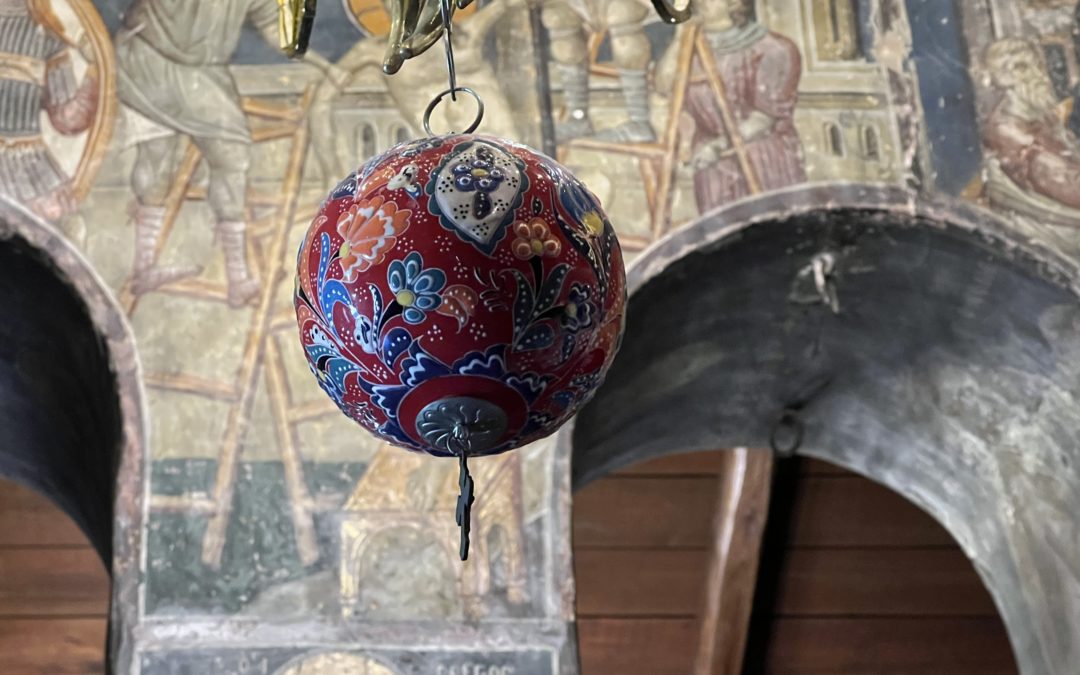
It turns out that it’s hard to write a roundup of happenings at the Duck of Minerva when there aren’t many to speak of. Much of that’s on me. What’s my excuse? Well, the kid finally contracted COVID. The rest of my family succumbed in short order. So that was fun. On the upside, none of us get seriously ill. On the downside, we got to experience post-COVID fatigue, with a helping of mental fog on the side. We recovered just in time to take our long-planned trip to Thessaloniki. The official purpose of the trip: to participate in 2022 European Workshops in International...
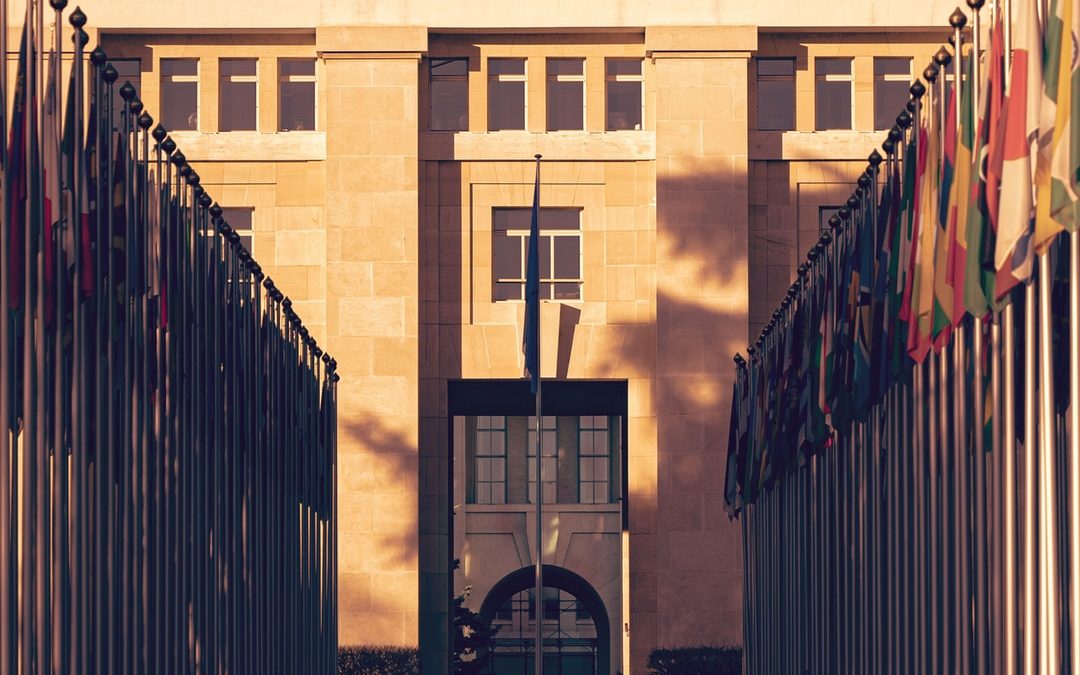
Like a lot of academics, I love Google n-grams, but not as much as the digitized archive Google uses to produce it. It’s a great warren of rabbit holes – even better than wikipedia – and I often wind up following one somewhere or other. My latest journey begins with realism. Steven Walt’s recent Foreign Policy entry (“Why Do People Hate Realism So Much?”) touched off a round of online debate, including entries by Seva Gunitsky, Paul Poast, Patrick Porter, Ken Schultz and others. My daughter suggested that I weigh in. I even began to write a rather lengthy teardown of the kerfuffle. I started...
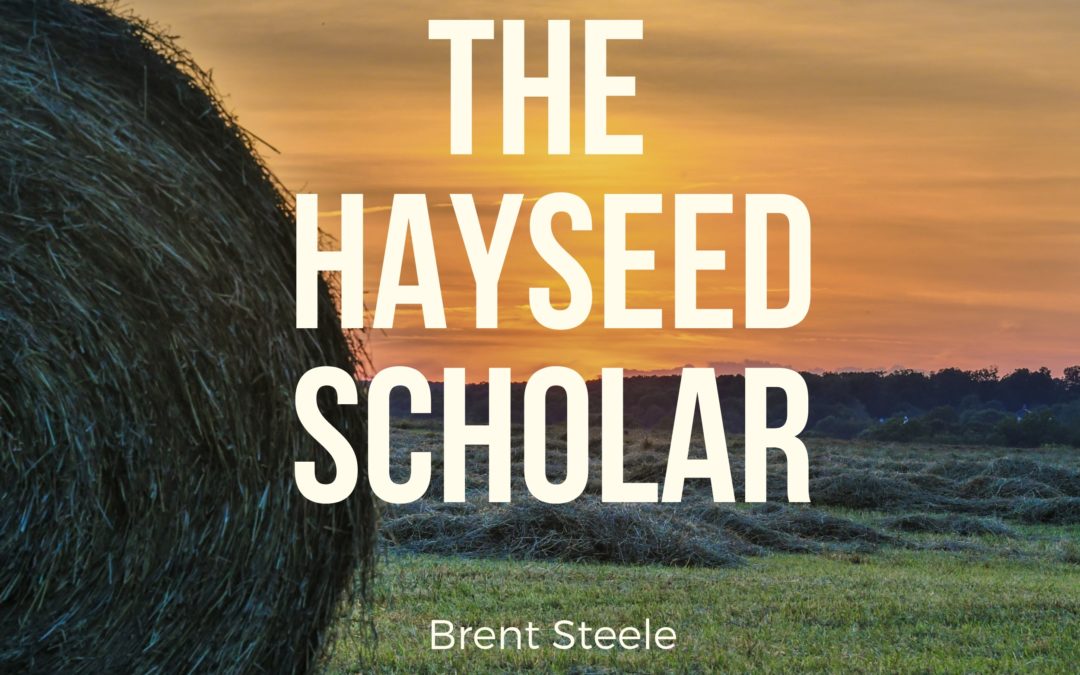
Professor Duncan Bell joins The Hayseed Scholar podcast. Duncan grew up in the Midlands in a rural area of England. He was interested in international politics from a fairly young age. Duncan chose to pursue a degree in war studies at King's College London, and considered joining the military thereafter. But the transition to London from a quieter area, and the experiences he had there, changed his plans. He tells Brent about getting his Master's and then PhD at Cambridge, and a momentous year he spent in the US at Columbia during his studies and changing his PhD topic that led to several of...

When it comes to quantitative data in conflict studies, standards for collection, reliability, ethics, and usage remain behind the curve. We discuss five things that scholars can do to address these gaps.
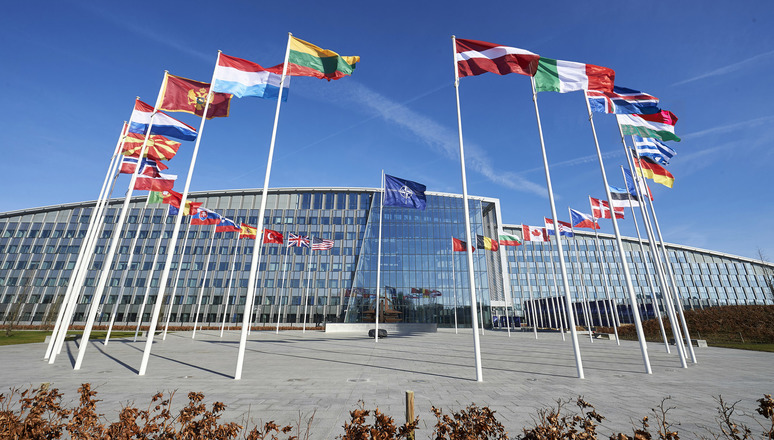
Foreign Affairs ran a poll on the question. A few of us expressed skepticism about the debate itself.

Most versions of the left gain little and sacrifice much in accepting a realist epistemology. Theories of international relations are just tools for making sense of patterns and puzzles in the world; they don’t need groupies.